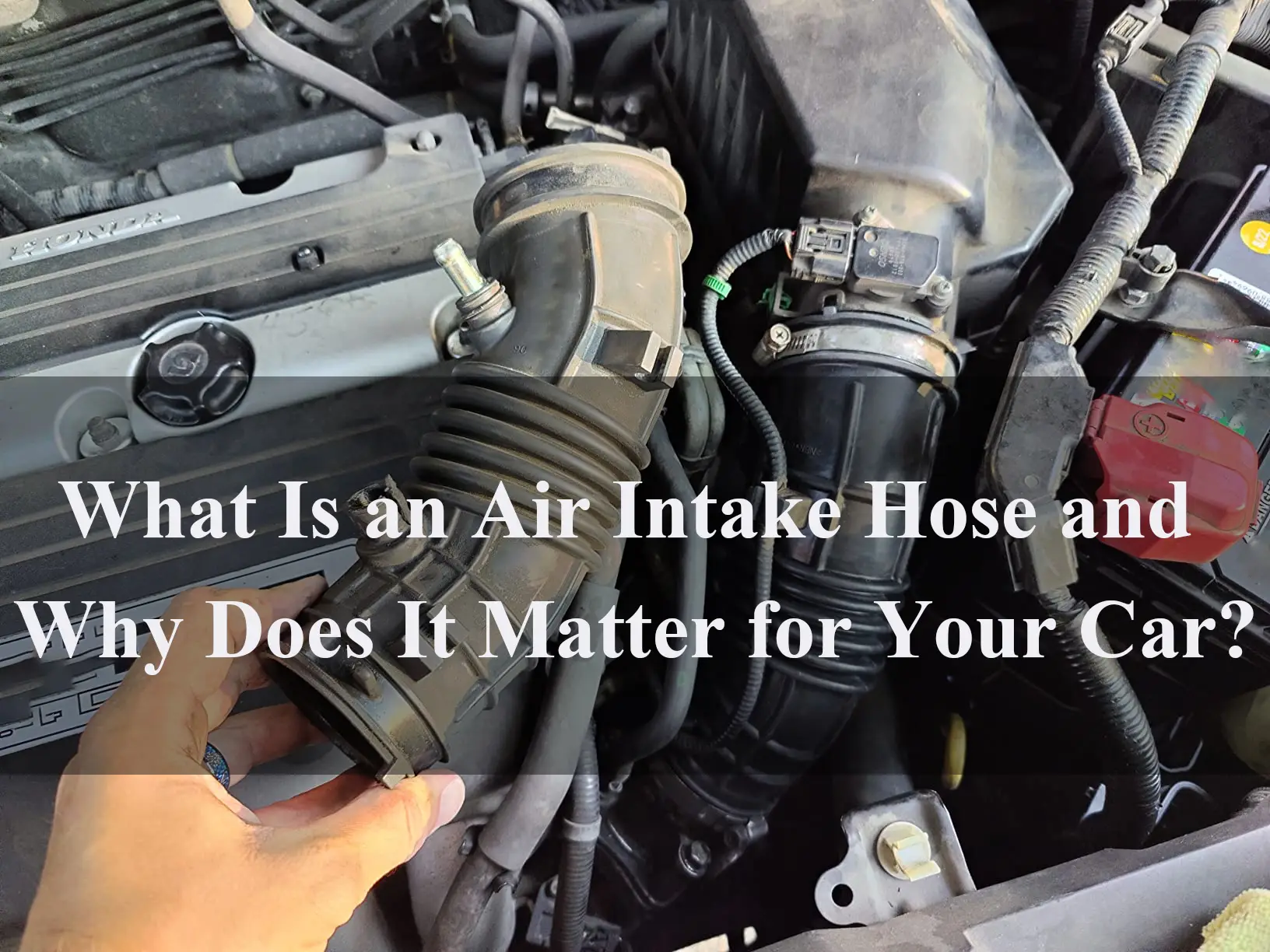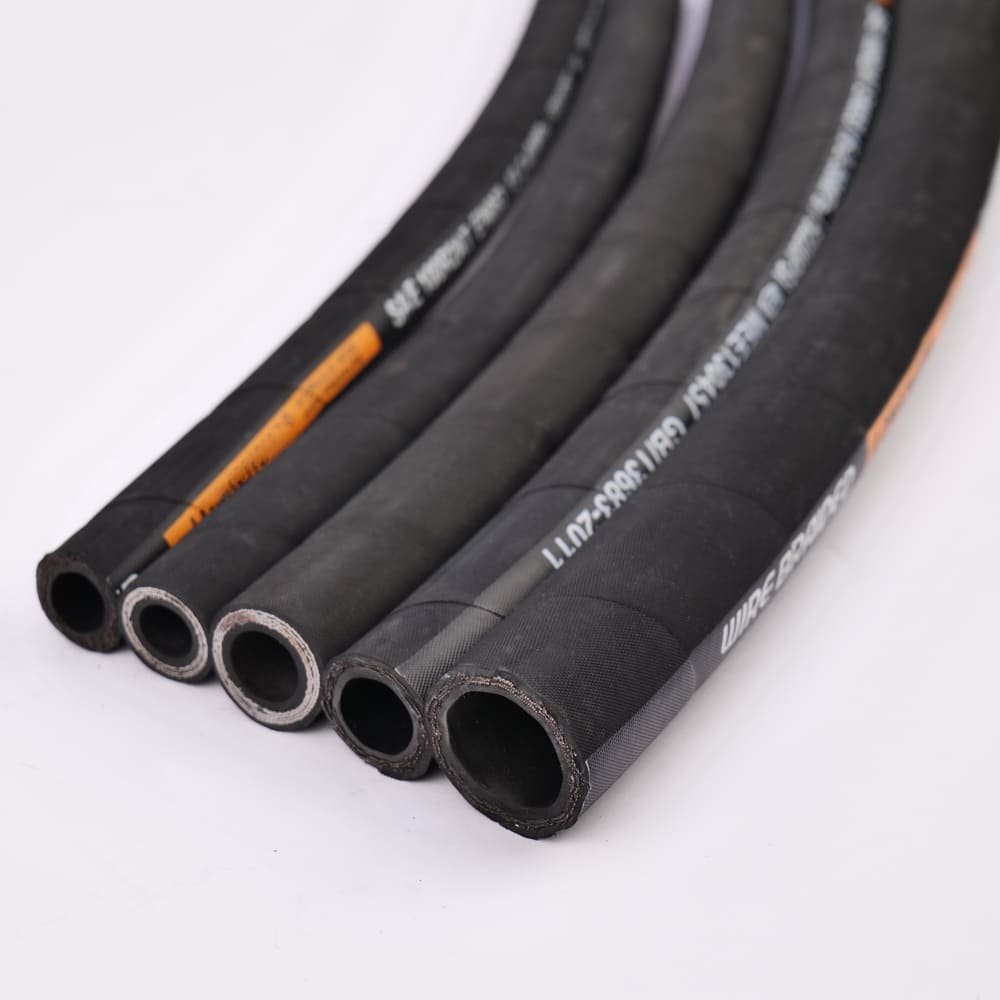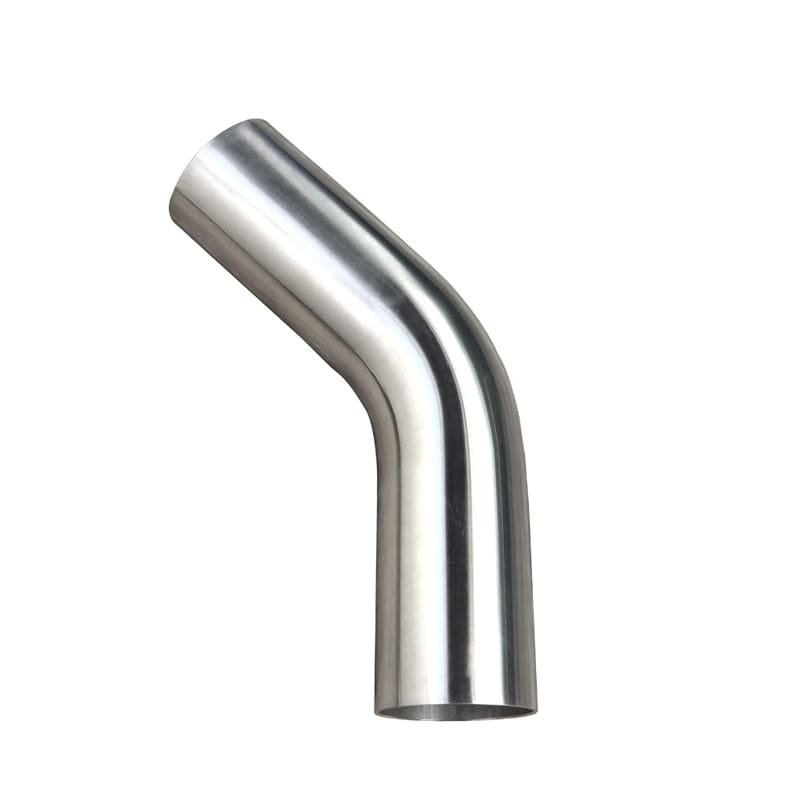Vacuum hoses are an important part of many industries, including the automotive manufacturing industry and wholesale supply. Knowing what they are used for, the different types, and how to maintain them can help you get better performance and more life out of your equipment. In this article, we will look at vacuum hoses and how they are used in car manufacturing and what you need to know when you buy them wholesale.
What Is a Vacuum Hose?
A vacuum hose is a flexible tube that allows you to move air, dust, or debris from one place to another. You’ll find vacuum hoses in all kinds of systems, from industrial vacuum cleaners to central vacuum systems to automotive applications. They’re a critical part of how you move air or things around.
What Does a Vacuum Hose Do?
Vacuum hoses are meant to move stuff (dirt, air, liquid) from one place to another. Cars are used for air intake, emissions control, and other things. In factories, they carry dust and debris to filters. In central vacuums, they move dirt from the tool to the main unit for disposal.
Are Vacuum Hoses Standard Size?
Yes, vacuum hoses come in standard sizes, but they vary depending on the system and application. For example, a 1.5-inch diameter hose is widely considered the most common size for residential vacuum cleaners and central vacuum systems. However, for industrial or automotive applications, sizes can vary greatly to meet specific needs.
Are Vacuum Hoses Universal?
Although most central vacuum hoses work with many systems, you need to know your specific vacuum model to be sure. For example, some systems require proprietary hoses or unique attachments. Always check the specifications of your vacuum system to make sure you buy the right hose for peak performance.
How Can You Tell If Your Car’s Vacuum Hoses Are Bad?
If your car has bad vacuum hoses, it can cause a lot of problems. You might notice that your car idles rough, gets bad gas mileage, or even stalls out. Some signs that your vacuum hoses might be damaged are if you see cracks, wear, or if the hose is brittle. If you notice that your car doesn’t run as well as it used to or you hear a hissing sound coming from the engine bay, you might need to replace your vacuum hoses.
What Are the Different Types of Vacuum Hoses?
Vacuum hoses come in many different types, depending on what you’re using them for. Here are a few common types:
Flexible hoses:
These are used when you need to be able to move the vacuum around easily while you’re cleaning.
Heavy-duty hoses:
These are used in industrial environments where you need more pressure and more durability.
Silicone hoses:
These hoses are flexible and can handle high temperatures, so they’re often used in automotive applications.
Central vacuum hoses:
These are the hoses you use in a central vacuum system in your home. They typically come in sizes from 1.25” to 2.5” in diameter.
What Are the Best Vacuum Hoses for Automotive Manufacturing?
For car manufacturers, selecting the right vacuum hose is crucial to maintaining peak performance in a variety of systems, including emissions control and air intake. Heavy-duty silicone vacuum hoses are often used because of their ability to withstand heat and their long-lasting durability. They are able to handle the high temperatures and pressure fluctuations commonly found in automotive systems.
What to Consider When Buying Vacuum Hoses for Wholesale?
When buying vacuum hoses in bulk, wholesalers need to think about things like what the hose is made of, what size it is, and how long it will last. For industrial use, you need a heavy-duty hose that can handle tough conditions and high pressure. You also need to consider how long the hose is, how flexible it is, and how well it stands up to wear and tear.
Summary
Whether you’re an auto manufacturer or a wholesaler, selecting the right vacuum hose is essential. Knowing the different types, sizes, and materials available helps ensure you choose the hose that’s right for you. Whether you’re in the auto manufacturing business or you’re a wholesale distributor, making good choices can improve your system’s efficiency and make it last longer.





